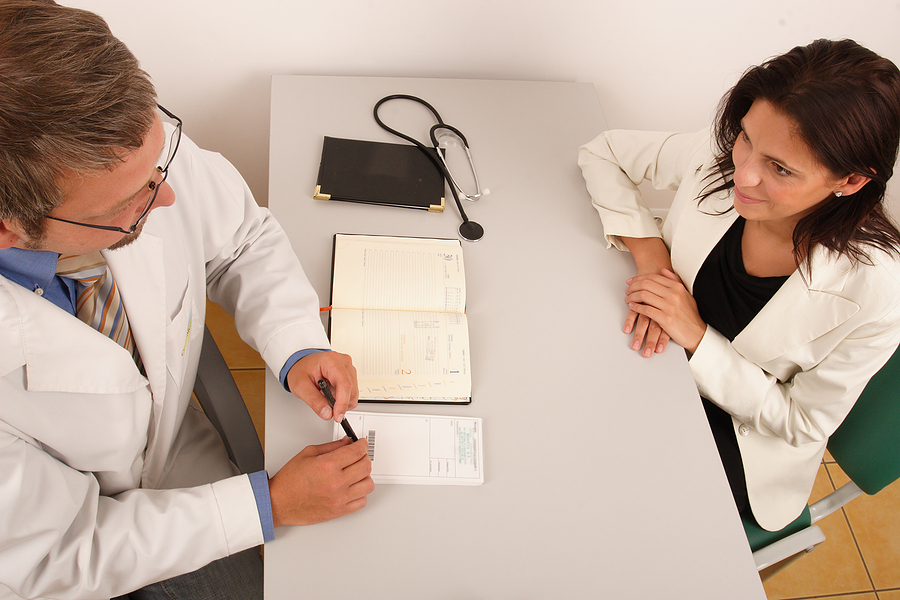Should doctors be allowed to have sex with patients?
By Liz Lockhart
Could a recent survey carried out by 'Pulse' leave patients with mental health disorders even more vulnerable?

A very troubling debate has been raging on the pages of The Pulse. Earlier this month, in an exclusive article, the Pulse reported that half of GPs believe that doctors should be allowed to have a sexual relationship with a patient on their practice’s list if the patient moves to another practice.
The Pulse conducted a survey of 282 GPs of whom one in six said that they believed there could be circumstances where it is appropriate to have a sexual relationship with a patient even if they were still on their practice list.
The survey also found that
- 48% of GPs would support a GP’s decision to enter into a sexual relationship with a patient but only if the patient registered with another practice.
- 28% of GPs said they would not support such a decision.
- 24% said they were unsure
- 16% said there could be circumstances here it as appropriate for a GP to engage in a sexual relationship with a patient on their practice’s list
- 78% said it would be inappropriate in any case
- 97% of GPs said they had never had a sexual relationship with a patient on their practice’s list
- 2% (seven GPs) said that they had had a sexual relationship with a patient on their practice’s list
To me these figures do not appear to 'stack up', they leave me questioning what questions were actually asked and how were they weighted?
Currently the GMC guidance forbids GPs to have a sexual relationship with current patients and says that sexual relationships with former patients are in many cases ‘inappropriate’.
Speaking in a personal capacity Dr Tony Grawai entered a debate on Pulse saying that professional guidance from the GMC should not limit the capacity of two consenting adults to explore a relationship. He said ‘an absolute ban on sexual relationships with patients or former patients is an unfair limitation on the right to pursue happiness for doctors and patients alike.’
‘We need new, authoritative public guidance which acknowledges the changes of the last 20 years.’ he added.
This week Dr Clare Gerada has joined the debate on the site by writing an article which says that a patient/doctor sexual relationship is an abuse of power. Dr Gerada blasted the notion that sleeping with patients could ever be acceptable and warned that it severely breaches the boundaries between doctor and patient.
Let us consider these findings.
In their professional capacity, GPs come into contact with patients who have either a physical or a mental health problem. Both categories of people are made vulnerable by their condition and should be safeguarded from any form of abuse. GPs have a very well defined purpose and to step over the line from care giver to lover surely is not a step that should ever be taken.
It is a very common experience for a patient to fall ‘a little in love’ with their care provider, albeit a nurse, doctor or psychologist.
Vulnerable people need to be protected from emotional mine-fields and if ever the laws on patient/doctor relationships were to change this would leave patients at risk of abuse.
One of our Mental Healthy bloggers has written a very interesting blog on his experience of ‘When professional boundaries break down’ which is a warning bell for anyone who thinks that any health professional and a patient should be allowed to have a sexual relationship. You can read this account here: http://www.mentalhealthy.co.uk/blogs/when-professional-boundaries-break-down
Related Articles
First aid classes offered in mental health
GP ‘list-cleansing’ drive could affect the vulnerable
The leading cause of disability in world's youth - mental illness
One in four teens has felt suicidal
Rates of common mental illness not rising, says new study
Improving health services for vulnerable children and young people





